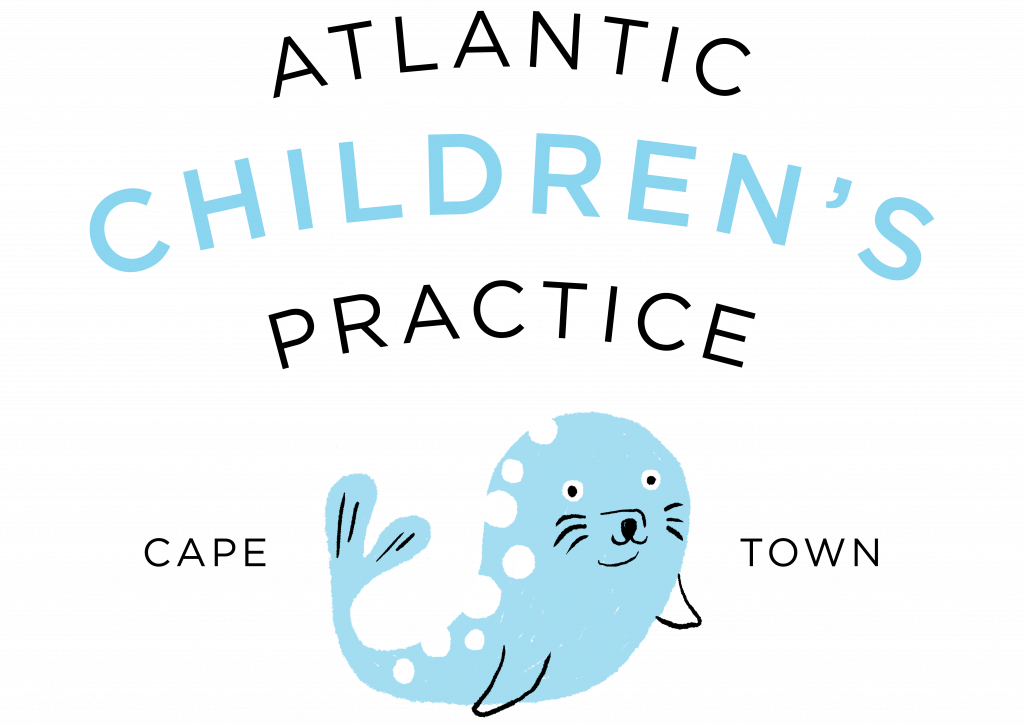Atlantic children’s practice
At ACP, we believe in “big care for little people”.Our speech-language therapist, Amy Kallenbach, carries through this spirit of care in the assessment and therapy given to these little people who are experiencing communication difficulties, as well as the support provided to their parents. It is important to remember that communication is multi-faceted. Difficulties in this area can involve challenges with hearing, listening, gesturing, talking, understanding, social skills, reading, and writing. A child could have difficulties in one or more of the following fundamental skills:
Speech: the ability to say and put sounds together in words so that other people can easily understand you. (i.e., clearly, fluently, with the appropriate use of one’s voice and resonance)
Language: involves both the understanding and sharing (i.e expression) of ideas using words and sentences, usually in spoken or written form.
Social communication: the ability to accurately interpret the context of the conversation, understand non-verbal cues and follow the social conventions that govern communication, such as the use of social greetings, adapting to different situations (i.e.talking to a friend versus a person in authority), turn-taking, topic maintenance, etc. These are important tools in building relationships with other people.
Literacy: involves the reading and comprehending of text as well as the ability to express one’s ideas in a writing.
Should your little person have any communication difficulties, Amy would be delighted to see them. She supports children from birth onwards with the following and more:
Atlantic Children’s Practice Waterfront
Suite 007 Ground Floor, Granger Bay Court, V&A Waterfront, Cape Town,8001
Netcare Christiaan Barnard Memorial Hospital
Suite 1521, 15th Floor. Cnr DF Malan Street, Rua Bartholomeu Dias Plain, Foreshore, Cape Town, 8001

Address
Suite 007 Ground Floor, Granger Bay Court, V&A Waterfront, Cape Town,8001